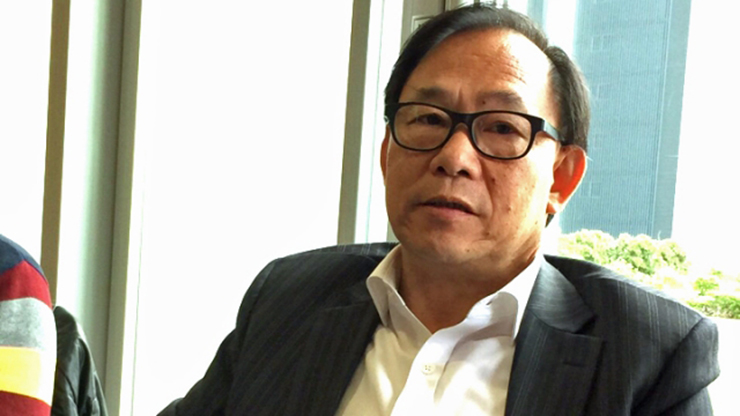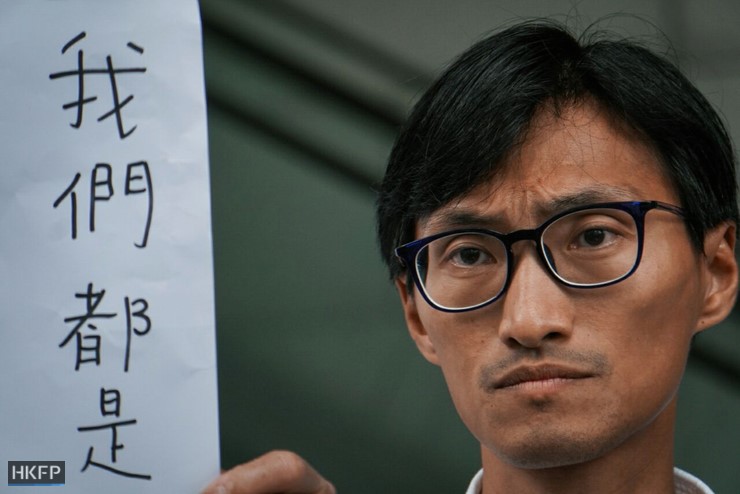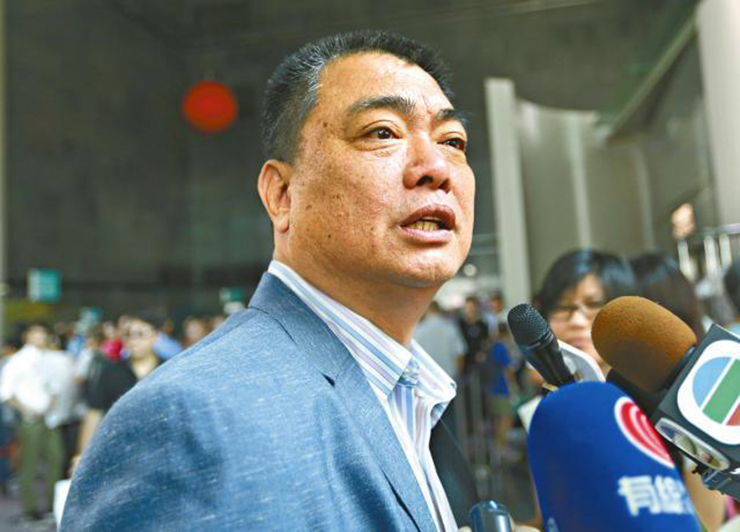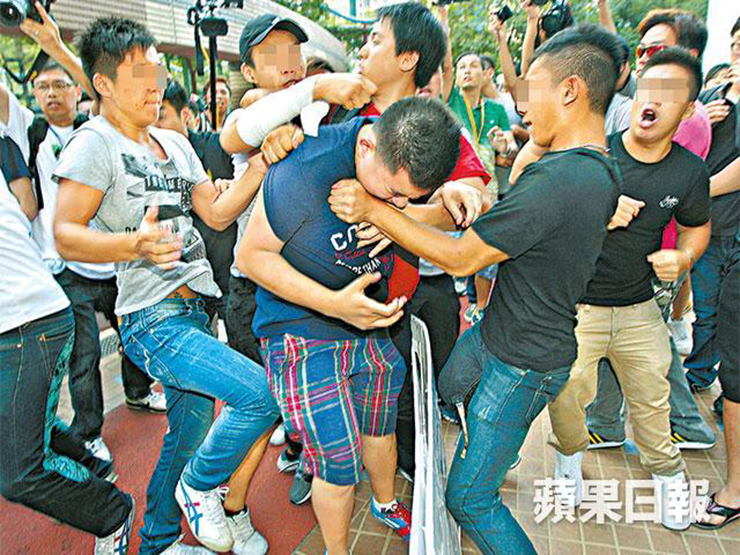Pro-Beijing lawmaker Leung Che-cheung and rural leader Tsang Shu-wo, both accused by lawmaker-elect Eddie Chu Hoi-dick of colluding in a rural land development case, have denied any involvement in the recent death threats against Chu.
Chu has said that a Yuen Long village chief made a threat that someone would attack him if he continued to urge the government to take back a piece of land in Wang Chau, Yuen Long, for public housing development. Tsang was running an illegal car park on a government-owned portion of the land.
During the Legislative Council election campaign, Chu accused Leung of pressuring the government to build elsewhere, so that Tsang, chairman of the Ping Shan Rural Committee, could keep the illegal car park.

On Thursday, Chu reported “credible death threats” to the police and received protection.
In response, Leung told Apple Daily that he would cooperate if the police asked him to help with the investigation.
“But I believe I am absolutely not involved in anything related to the threats he received,” he said.

Leung denied accusations that he helped Tsang to keep the land, and said it was election smearing from Chu. He said that he had sent a letter through his lawyer to Chu.
“He has to explain the libelous [statements], if he does not give any explanation, I will sue him for defamation,” Leung said.
In reply to Ming Pao enquiries, Tsang instead accused Chu of threatening him. He said that Chu was “playing victim,” that he wanted to have protection after becoming a lawmaker.
“That skinny guy has been stirring things up in Yuen Long for some ten years. If I wanted to deal with him, I would have done it a long time ago,” he said.

‘Collusion’
A major part of Chu’s election campaign was to expose the alleged collusion between the government, business, rural and triad groups.
In the land development case surrounding Leung and Tsang, the government was originally planning to build 17,000 public housing units on the car park, but the plan did not go through.
The plan was proposed in 2012, and the government gave up on the idea of taking back the land in 2014.
The government instead chose to develop a piece of greenbelt land – where 100 households of three non-indigenous villages reside and will be forced to move before 2018 – to build only 4,000 units.
Chu had invited the affected villagers to challenge Leung outside a radio station after an election debate finished in August. Leung said at the time he did not know any of the villagers – although they said they had asked Leung for help.

Alleged collaboration
In February 2012, Tsang attended a dinner at a restaurant in Lau Fau Shan with several of Chief Executive Leung Chun-ying’s election aides, and also alleged former triad boss “Shanghai Boy” Kwok Wing-hung.
When Leung Chun-ying attended a local forum in Tin Shui Wai in August 2013, protesters opposing Leung’s visit were attacked by suspected triad members – Tsang was present and was seen leading the attackers.
Tsang later told Ming Pao that he “wanted to see blood spilled in violent clashes.”
At the time, Apple Daily reported that Leung Che-cheung had invited a group of people for a meeting, including Tsang, two days before Leung Chun-ying’s visit to discuss plans to support his visit. But the pro-Beijing lawmaker has denied any involvement.
